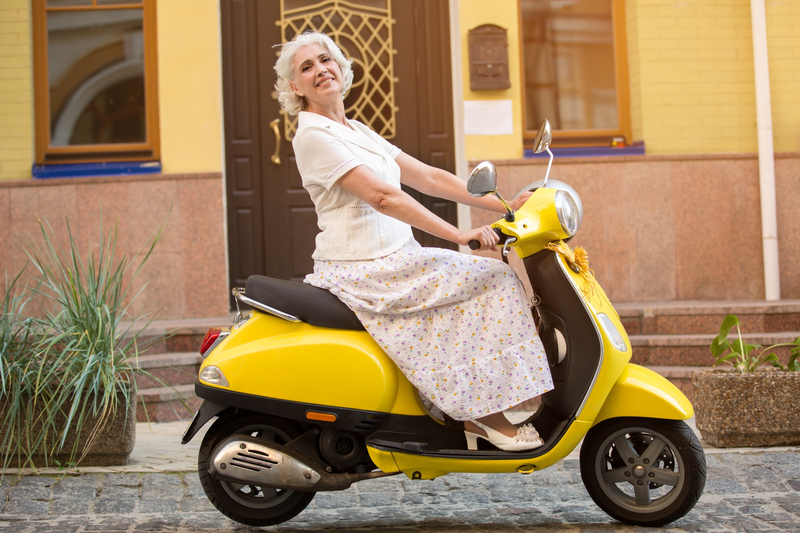Think about the people you know who have aged really well. What are the things they have in common?
There are lots of answers to this question, but in all cases, these are people who continue to engage in the world, learn new things, and get out there and explore.
These ends can be achieved in a number of ways, but none more so compelling than through travel.
It is likely that the people who first sprang to your mind when I asked the original question are both well-aged and well-travelled.
This is NOT a coincidence. Travelling breaks our routines and forces us to do new things and see the world in different ways.
At this point, we should probably distinguish “travelling” from “vacationing”. Both involve leaving your home, but other than that are quite different. “Vacationing” usually involves a domestic trip (or to a country very nearby), where you set yourself up at a hotel or resort, and wander between the beach and buffet, when you’re not asleep your hotel room. This type of trip is a great getaway, and can be tremendous fun, but you’re not really challenging yourself in any way, other than to avoid gaining a whole bunch of weight while your away.
“Travelling” is a different type of experience, although it may include aspects of both beaches and buffets. Travelling puts us out into the world where we learn new things, or experience different people and places. Where vacationing is about leisure, travelling is about discovery (undoubtedly with some leisure aspects).
With this definition, it is easy to see how those who travel regularly are able to stay younger, longer.
More specifically, here are five ways that show a direct cause and effect between travelling and aging well:
Learning and Exploring: Even if you are returning to a place you have been before, just about every travel trip involves some aspect of learning about the local art, history, and culture of the place you’re visiting. This is true whether you’re visiting Le Louvre Museum in Paris, or you’re on the Hop-On, Hop-Off bus in an American City. The content of your learning may be very different, but the process is the same.
Physical Movement: The number one packing item for any traveller is always comfortable walking shoes. This is because travellers move when they are away. Those who count their steps don’t ever seem to have any problem meeting their goals when they are travelling. It is a necessary part of the experience, and who wants to fly across the world to hang out in their hotel room? The best part? You’re more active, but it doesn’t actually feel like exercise.
Social Expansion: Perhaps you are one of the many people who have met friends-for-life while travelling. Connecting with new people – who are often from other states or countries – is a common by-product of taking a trip, and these fellow travellers may become good friends that you keep in touch with for years afterwards. Perhaps it is because you have the unique shared experience of whatever trip you’re taking OR because you are in a more receptive mood to meeting new people when you’re travelling. Even if you are travelling with friends or family, you are experiencing their company in a different way than you would at home. Either way, travelling expands our social horizons, and there is a direct link between aging well, and being socially engaged.
Changing Your Element: In many cases, when our routine interrupted it is an unhealthy or uncomfortable thing. Travelling is quite the opposite. We get to see things from a new perspective, learn new things, meet new people, eat different foods, and get exposed to different cultures and conventions. All of this expands our horizons, and releases us from the stress of our everyday lives. If we agree that stress is an unhealthy condition of modern life, then removing ourselves from that stress must be seen as a way to improve our health.
Anticipation: The human brain is capable of both looking forward and considering or learning from the past. This is different than other animals, and it is a gift. We like to make plans and have something to look forward to. There have been studies done that conclude that the benefit people get from travelling is even higher in the anticipation phase than it is in the actual travelling phase. You can look forward to a trip for months before leaving – and that anticipation is really healthy (and a lot of fun, too).
Travel to stay young, or at least feel that way.
See what people are saying about this and join the conversation on Facebook: https://www.facebook.com/AgeWithAdventure/posts/166025181640165


 Travel is Not for Sissies
Travel is Not for Sissies